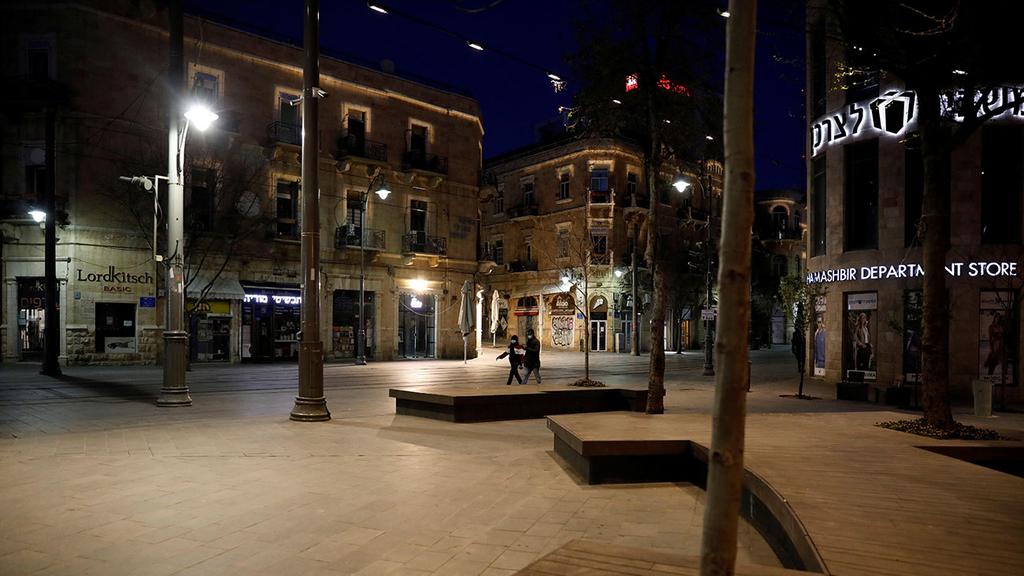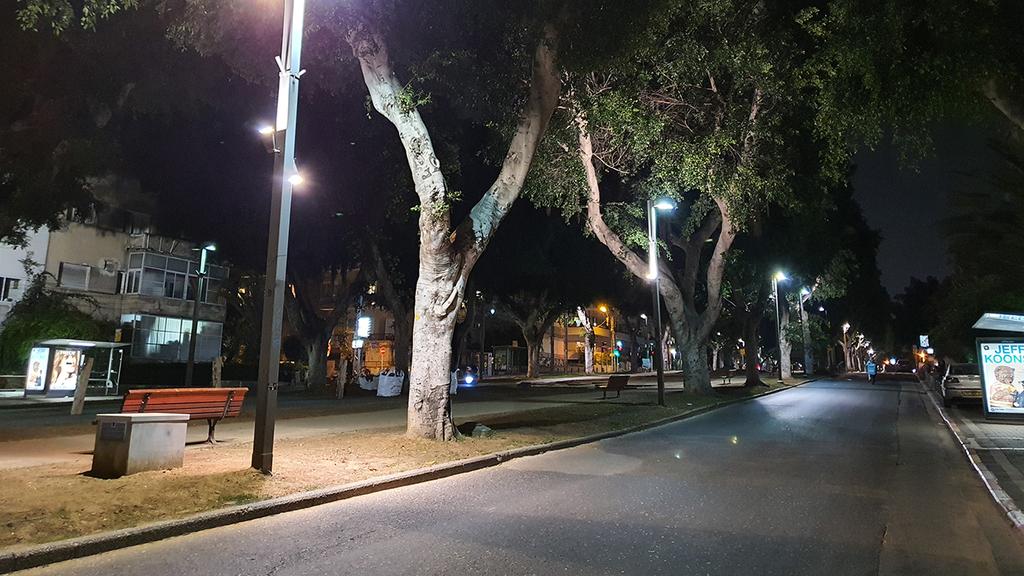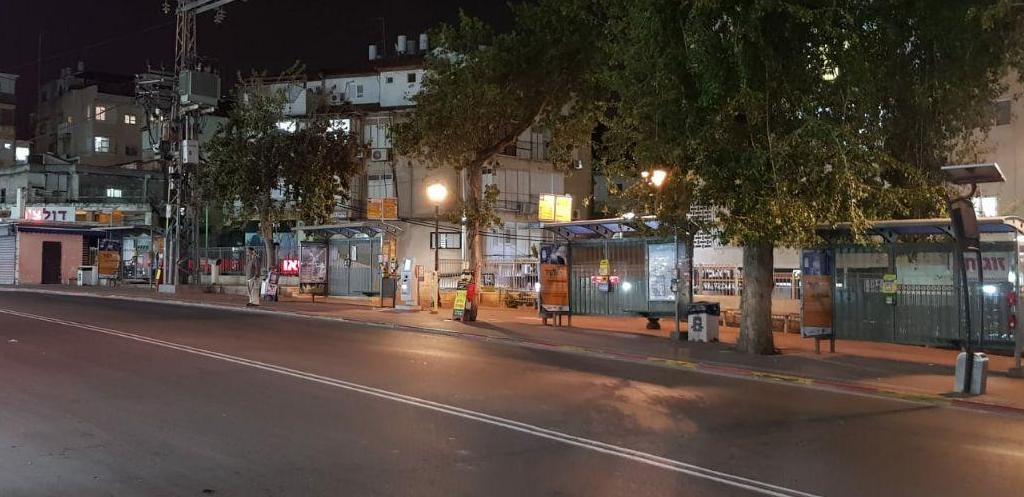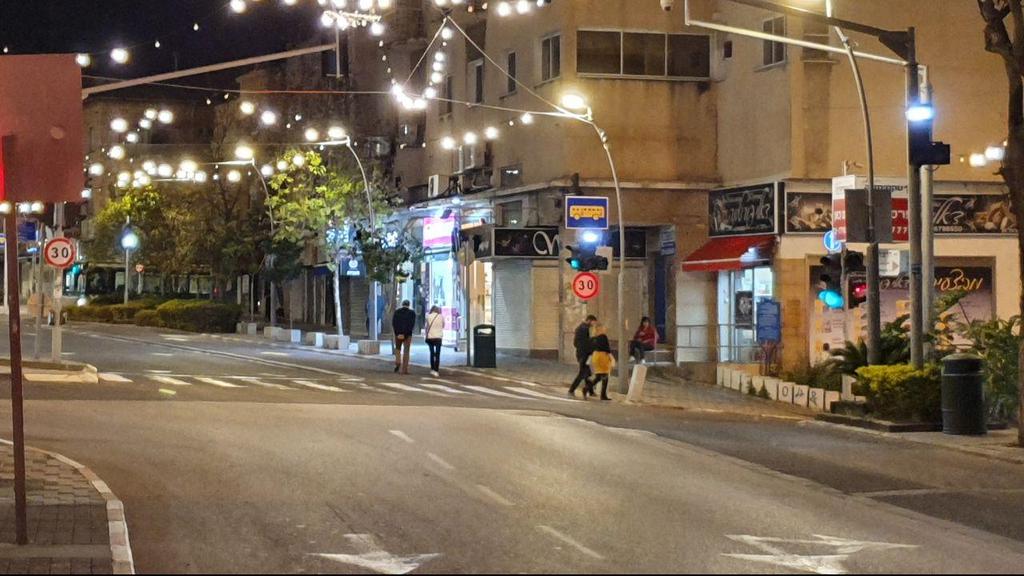The government’s new regulations meant to stave off the spread of coronavirus went into effect on Wednesday evening with police forces deployed all over the country in order to ensure the public complies with the new regulations which have effectively halted everyday life in Israel.
In Jerusalem, police officers blocked all entrances to the ultra-Orthodox Mea Shearim (hundred Gates) neighborhood, while ordering owners of non-vital businesses to close their stores.
“When we see the police and the special patrol unit, it makes us want to go out even more,” said an infuriated local with the increased police presence at the neighborhood.
In Ashdod, city inspectors began enforcing the new regulations as well, while in Tel Aviv, the Carmel and Tikvah markets were shut down completely on Tuesday, while police officers were seen telling visitors to the city’s parks to, “go home immediately.”
While the streets of Tel Aviv were still relatively busy even after the new restrictions went into effect at 5 pm Wednesday, police forces soon spread throughout the streets and asked all those still outside to return to their homes.
By 6:30 pm the streets of Tel Aviv were all but empty except for police patrols.
“I came to do stretches in the park because they said you can leave your house for up to 100 meters,” said one visitor in Tel Aviv's Yarkon Park who was asked to return home. “The instructions are unclear and there is complete chaos, if we're not allowed to leave our homes at all, just say so.”
In the mostly ultra-Orthodox city of Bnei Brak, there were long lines outside of the city’s supermarkets before the regulations came into effect, now though, the usually busy streets of the city have been emptied completely.
“From now on, we pray together in the building,” said a Bnei Brak resident who returned from prayer at a synagogue before the regulations came into effect. “The synagogues are closed, we need to pray and listen to the rabbis’ instructions.”
In Netanya, the city’s market was buzzing with people shortly before the new regulations came into effect, while the market itself remained open on Wednesday evening despite the government instructing to shutter all markets on Tuesday.
According to the chairman of the market’s traders' union, there is no breach of the Health Ministry's regulations as the market's stands are closed and only the stores remain open.
Soon after, police forces arrived and shut down the market completely.
"Upon receiving reports of activity at the market in Netanya, the police arrived and the market was closed shortly after,” read a police statement.
In the city of Haifa, the streets were devoid of people almost completely, with only a few authorized businesses staying open.
“It is best that people remain home and take care of themselves,” said an employee at one of Haifa’s only operating pharmacies. “The big question is when will it end.”





